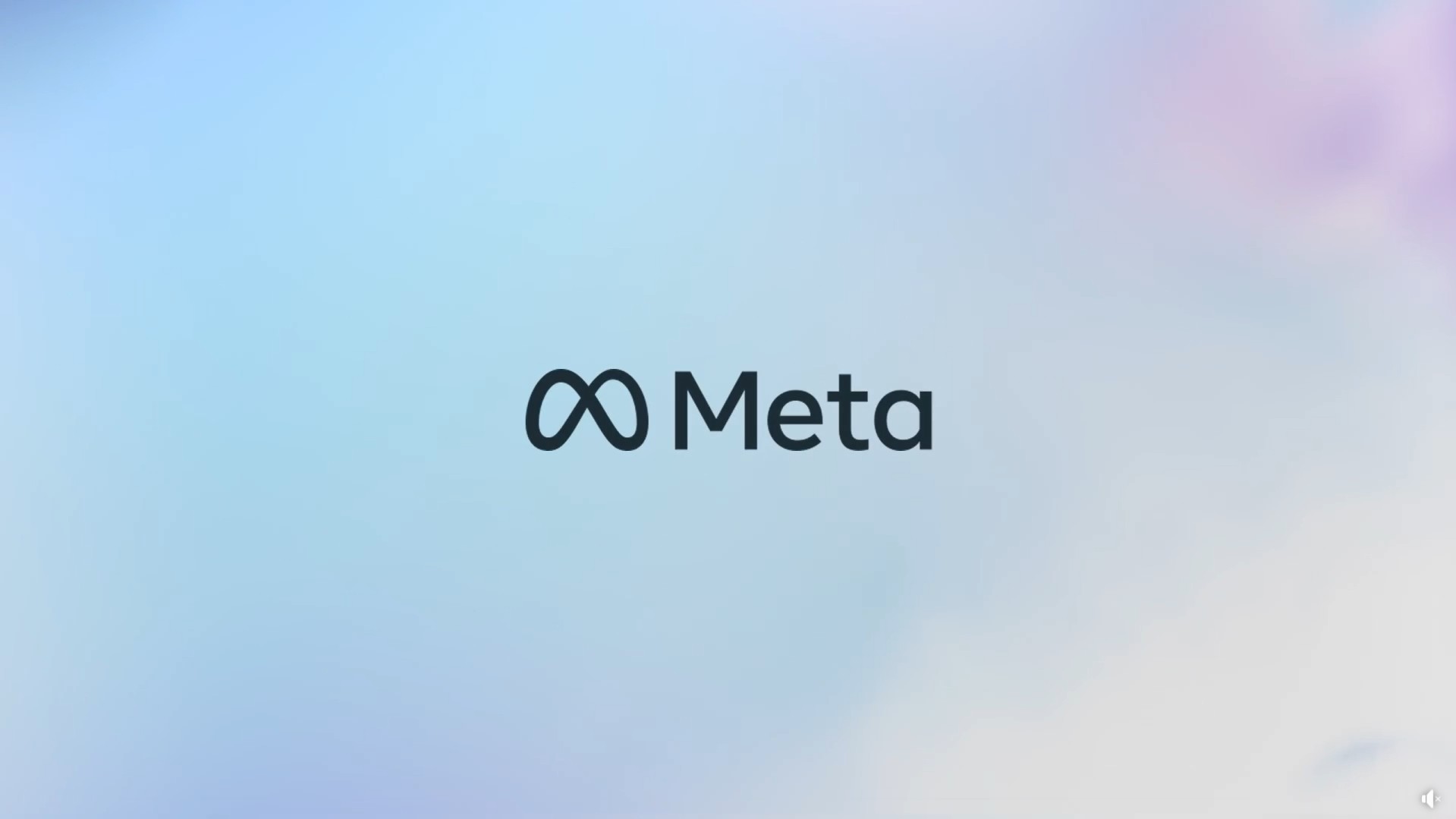Apple is reportedly planning to launch its own smart glasses by the end of 2025, positioning the device as a more premium alternative to Meta’s Ray-Ban smart glasses.
According to Bloomberg, the wearable will include built-in cameras, microphones, and speakers, offering users capabilities like taking calls, playing music, navigating directions, and translating languages in real time.
The glasses are expected to rely on Siri for voice commands and real-world analysis. A source familiar with the project said Apple aims to outperform Meta’s product in both build quality and features, though the price is also expected to be significantly higher.
One key uncertainty is whether Apple’s updated Siri with generative AI capabilities will be ready in time for launch. Unlike Meta’s Llama or Google’s Gemini platforms, Apple’s AI infrastructure is still under development.
Currently, Apple relies on third-party systems like Google Lens and OpenAI through iPhone features such as Visual Intelligence, but the company may seek to replace these with its own technology in the upcoming device.
Would you like to learn more about AI, tech and digital diplomacy? If so, ask our Diplo chatbot!









